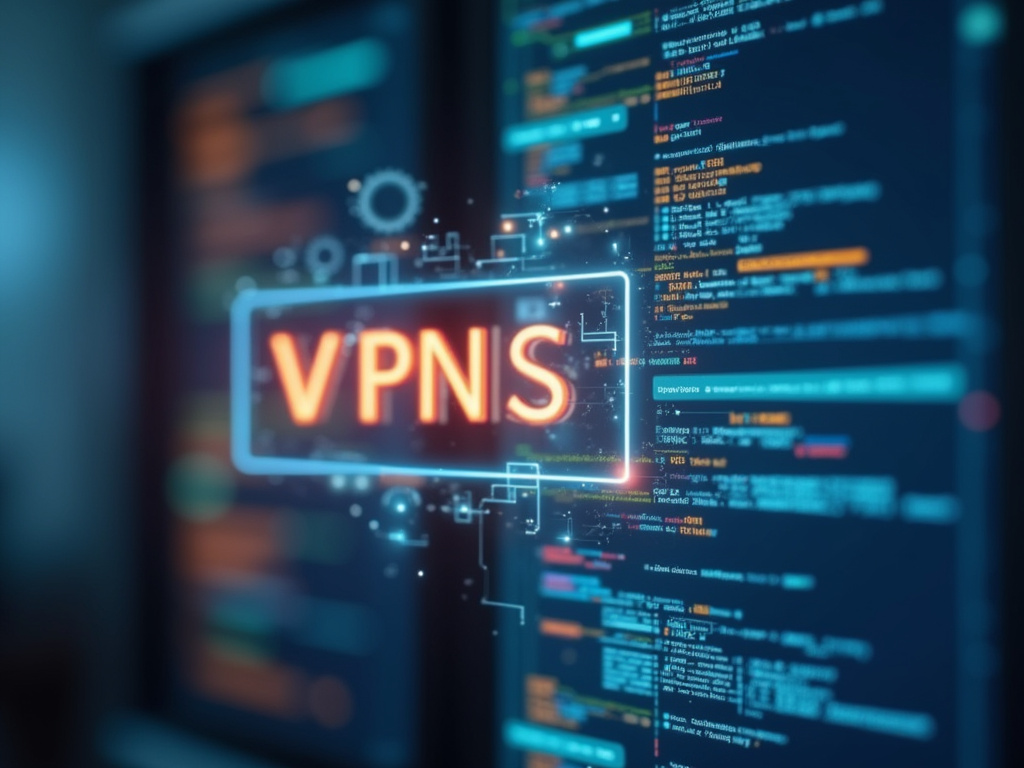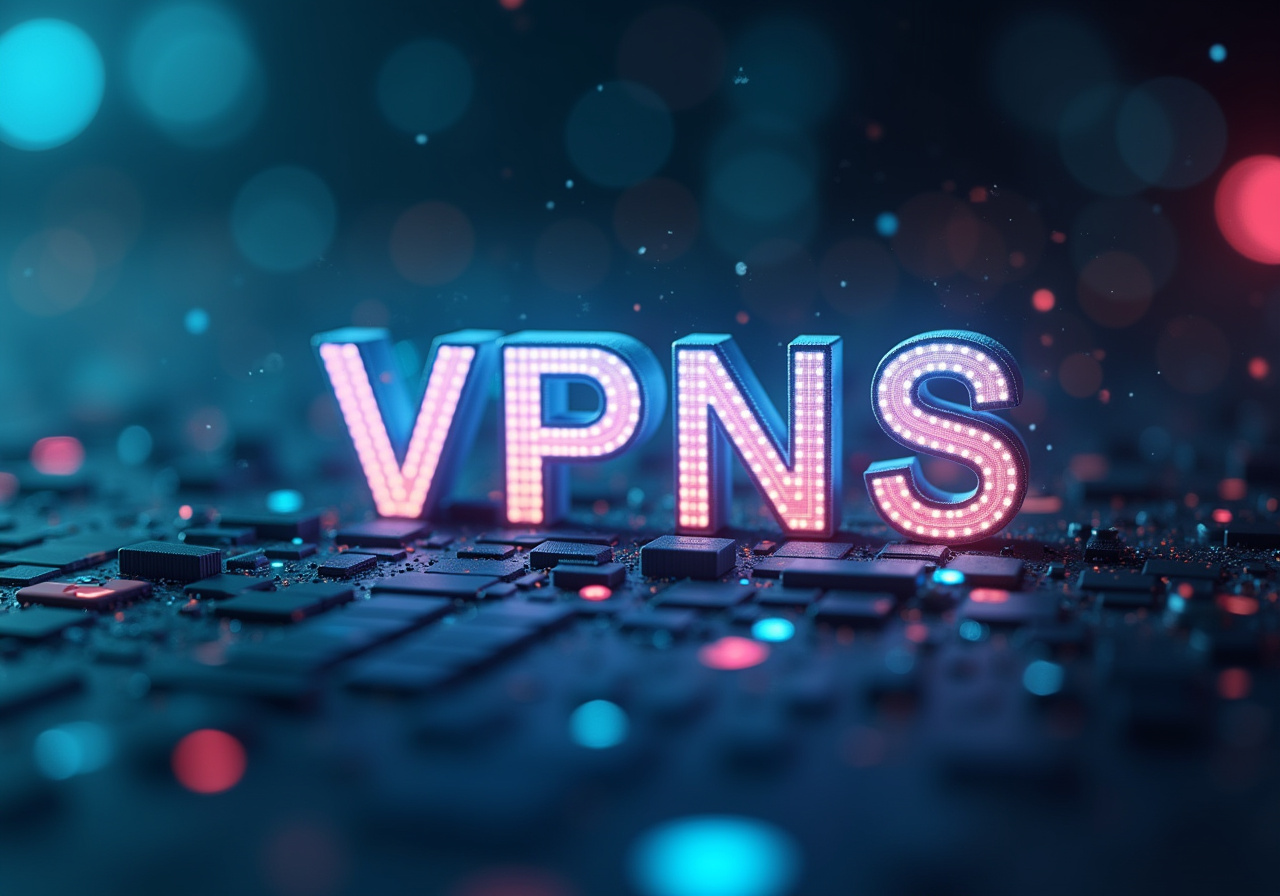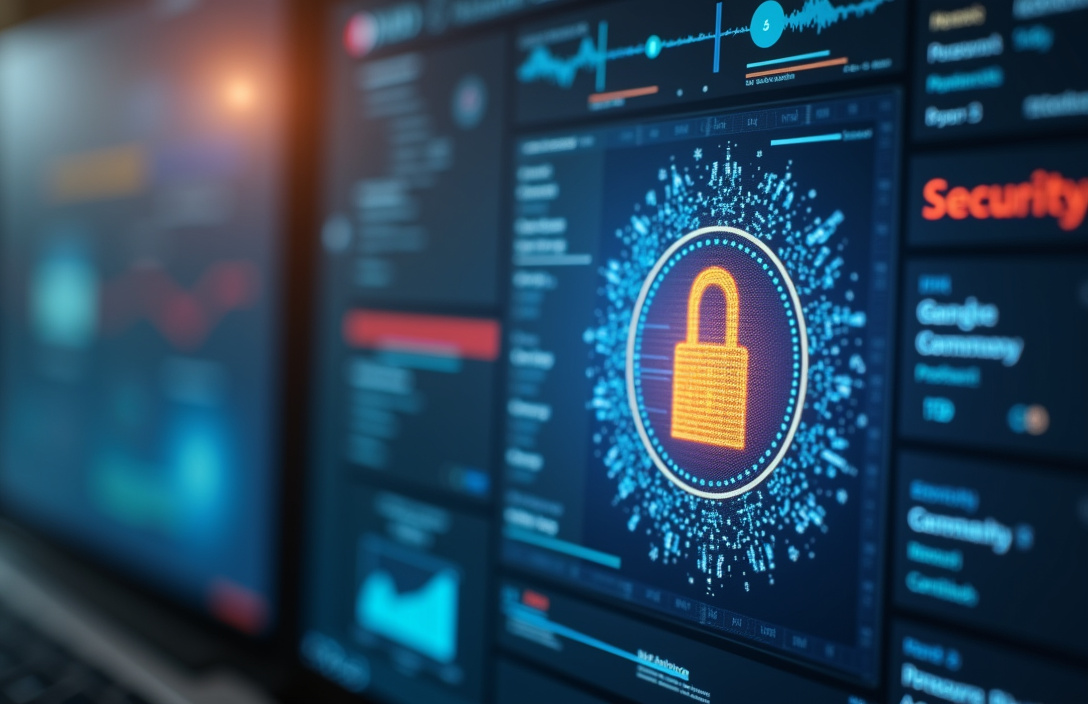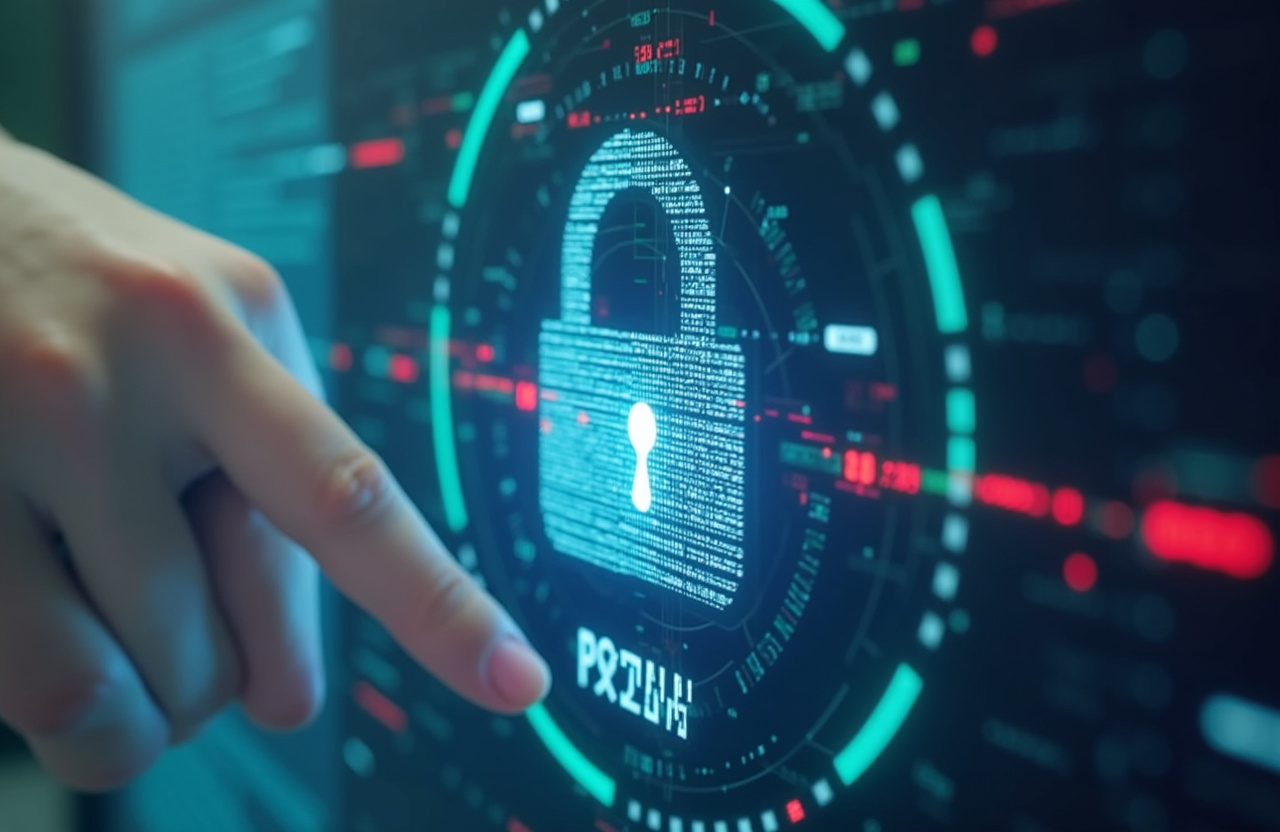VPNs for Educational Platforms: Boosting Online Learning Security
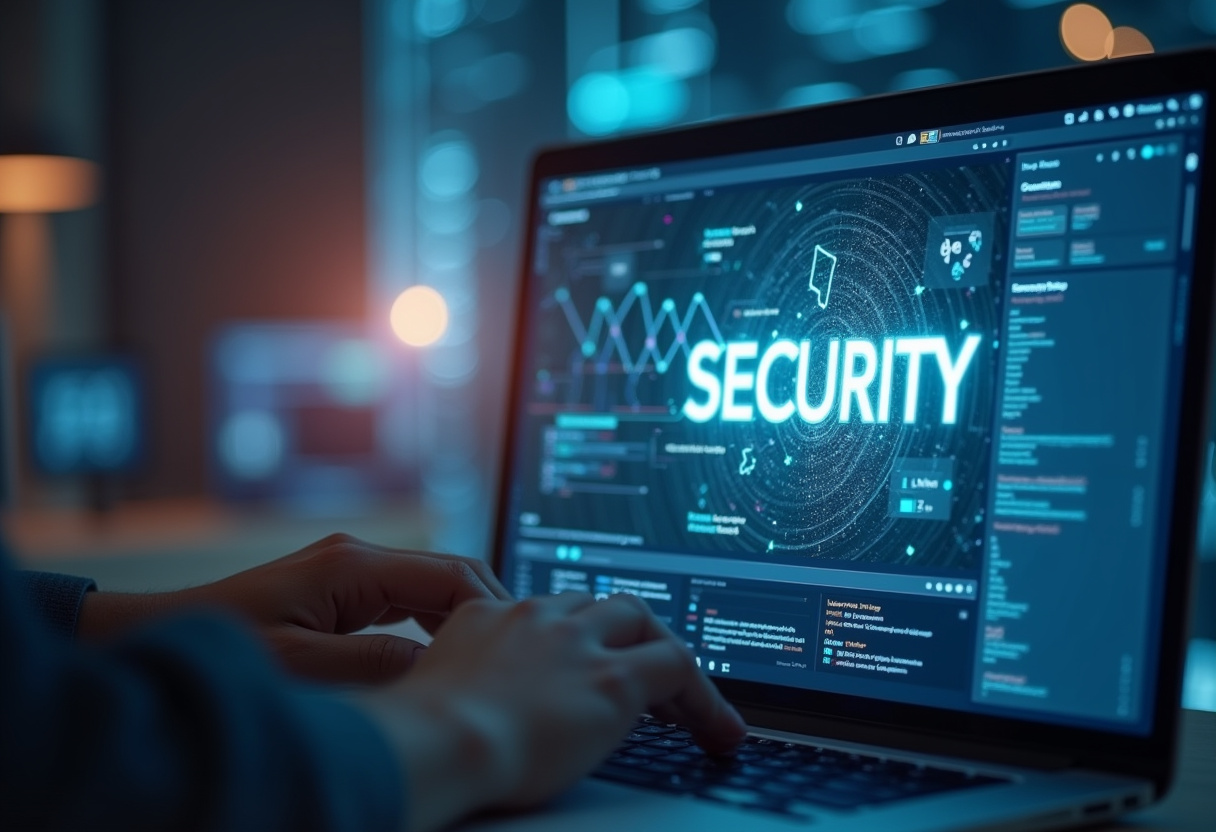
Table of Contents
VPNs for Game Developers: Securing Multiplayer Services
The digital transformation of education has revolutionized learning, offering unparalleled access and flexibility through online platforms. However, this progress brings forth critical security challenges that demand robust solutions. This article delves into the pivotal role of Virtual Private Networks (VPNs) in bolstering online learning security for educational platforms.
We will explore how VPNs effectively safeguard student data, protect valuable educational content, and contribute to a more secure and trustworthy online learning environment. Educational institutions are entrusted with the sensitive personal and academic information of their students, making them prime targets for cyberattacks. A breach could expose this data, leading to identity theft, financial loss, and reputational damage for both students and the institution.
Furthermore, the intellectual property inherent in online courses and educational materials requires protection from unauthorized access, distribution, and plagiarism. A VPN for education acts as a secure conduit, encrypting the data that flows between a student's device and the educational platform. This encryption scrambles the data, rendering it unreadable to anyone who might intercept it.
Imagine a student accessing their online class from a coffee shop with public Wi-Fi. Without a VPN, their login credentials, academic records, and even the content of their assignments could be vulnerable to eavesdropping by malicious actors on the same network. An educational platform VPN effectively shields this information, creating a secure tunnel that prevents unauthorized access.
Beyond encryption, a VPN also masks the student's IP address, which can be used to track their location and online activities. This adds another layer of anonymity, protecting their privacy and preventing targeted advertising or surveillance. For students in countries with restrictive internet censorship, a VPN can provide access to educational resources that might otherwise be blocked, fostering a more inclusive and equitable learning environment.
The advantages of integrating VPNs into educational platforms are multifaceted. Student data protection is significantly enhanced through encryption, safeguarding personal information, academic records, and login credentials from cyber threats. Content security is strengthened by preventing unauthorized access to copyrighted materials, protecting the intellectual property of the institution and ensuring the exclusivity of online courses.
Moreover, a VPN can mitigate the risk of distributed denial-of-service (DDoS) attacks, which can disrupt online classes and access to vital resources. By distributing traffic across multiple servers, a VPN can absorb the impact of a DDoS attack, ensuring the continuity of online learning. For educational administrators, implementing a robust VPN solution demonstrates a strong commitment to student data privacy and security.
This builds trust among students, parents, and faculty, fostering a more positive and secure online learning environment. Furthermore, it can help institutions comply with data privacy regulations, avoiding potential legal and financial penalties. The growth of online education necessitates a proactive approach to security.
While firewalls, antivirus software, and strong passwords are essential components of a comprehensive cybersecurity strategy, a VPN provides an additional layer of protection that is specifically tailored to the unique challenges of online learning. It's an investment in the security and integrity of the educational platform, ensuring that students can learn and thrive in a safe and trustworthy digital environment. In essence, an educational platform VPN is no longer a luxury, but a necessity for institutions committed to providing a secure and enriching online learning experience.
student data protection
The implementation of an educational platform VPN addresses several critical security concerns that are specific to the online learning environment. Firstly, it provides robust , which is paramount given the sensitive nature of the information entrusted to educational institutions. This data encompasses a wide range of personal details, including names, addresses, dates of birth, contact information, and financial data used for tuition payments.
It also includes academic records, such as grades, transcripts, and course enrollment information. Without adequate protection, this data is vulnerable to interception and misuse by malicious actors. An educational platform VPN encrypts all data transmitted between the student's device and the educational platform's servers, rendering it unreadable to unauthorized parties.
This encryption employs sophisticated algorithms that scramble the data, making it virtually impossible to decipher without the correct decryption key. This effectively prevents eavesdropping by hackers using techniques such as man-in-the-middle attacks, particularly when students are accessing the platform from unsecured public Wi-Fi networks. The VPN effectively creates a secure tunnel, shielding sensitive student data from prying eyes and ensuring its confidentiality.
Secondly, a VPN plays a crucial role in guaranteeing , safeguarding valuable educational materials from unauthorized access, distribution, and plagiarism. Online courses often contain proprietary content, including lectures, videos, presentations, and assessments, that represent a significant investment of time and resources by the educational institution. The unauthorized distribution of this content can undermine the value of the courses and result in financial losses for the institution.
An educational platform VPN can restrict access to specific geographical locations or IP addresses, preventing unauthorized users from accessing copyrighted content. This is particularly important for institutions offering online courses with restricted enrollment or licensing their content to specific regions. The VPN can also be configured to require authentication for access to specific content, ensuring that only authorized students and faculty can access the materials.
Furthermore, a VPN can help prevent plagiarism by making it more difficult for students to copy and paste content from online sources. By encrypting the data stream, the VPN can prevent automated bots from scraping content from the educational platform. Thirdly, a VPN is instrumental in mitigating the risk of , which can severely disrupt online classes and access to essential learning resources.
DDoS attacks flood a server with overwhelming traffic, rendering it unavailable to legitimate users. This can result in interruptions to online lectures, preventing students from participating in real-time discussions and accessing course materials. An educational platform VPN can distribute traffic across multiple servers, absorbing the impact of the DDoS attack and ensuring that the online learning platform remains accessible to students and faculty.
The VPN effectively acts as a shield, deflecting malicious traffic and safeguarding the platform's availability. Moreover, a VPN can enhance related to user privacy by masking the student's IP address and preventing their online activities from being tracked. This is particularly important for students who are concerned about their privacy or who live in countries with restrictive internet censorship.
By using a VPN, students can access online learning resources without fear of being monitored or censored, fostering a more open and inclusive learning environment. The technology allows institutions to create a safe and secure digital space where students can focus on their education without worrying about their personal information being compromised or their online activities being scrutinized. Therefore, an educational platform VPN is not just about protecting data; it's about fostering a culture of trust and security within the online learning community.
educational platform VPN
The selection process for an requires careful consideration of various technical and practical factors to ensure optimal performance and security. It's not simply about choosing the most advertised or cheapest option; it's about finding a solution that aligns with the specific needs and security requirements of the educational institution and its student body. One of the most crucial factors is the employed by the VPN.
The industry standard for robust data protection is Advanced Encryption Standard (AES) with a 256-bit key (AES-256). This encryption algorithm is widely recognized for its strength and security, making it extremely difficult for unauthorized parties to decrypt the protected data. A VPN utilizing AES-256 ensures that sensitive information transmitted through the network remains confidential and protected from eavesdropping and tampering.
Therefore, educational institutions should prioritize VPN solutions that offer AES-256 encryption as a non-negotiable security feature. Beyond the encryption standard, the is another vital consideration. A VPN with a large number of servers located in various geographical regions provides several advantages for educational platforms.
Firstly, it allows students to connect to servers that are geographically closer to their location, resulting in faster connection speeds and reduced latency. This is particularly important for students participating in real-time online classes or accessing bandwidth-intensive learning resources such as video lectures and interactive simulations. Secondly, a diverse server network provides redundancy and resilience, ensuring that the VPN remains operational even if some servers experience outages or technical issues.
Thirdly, it allows students to bypass geographical restrictions and access educational resources that may be blocked in their region. A wide distribution of servers can help students connect to a server in a country where the required content is accessible, promoting a more inclusive and globally connected learning environment. is a critical factor for user experience.
A slow VPN connection can significantly hinder the online learning process, leading to frustration and reduced engagement. Students may experience buffering issues while streaming video lectures, delays in accessing online resources, and difficulty participating in real-time online discussions. Therefore, it's crucial to choose a VPN provider that offers fast and reliable connections, ensuring a seamless and productive online learning experience.
Factors that can affect VPN connection speed include server load, distance to the server, and the VPN protocol used. Educational institutions should conduct thorough speed tests of potential VPN solutions under various conditions to ensure that they can meet the bandwidth demands of the online learning platform. The of the provider is of paramount importance.
Educational institutions are responsible for protecting the privacy of their students' data, and they should only partner with VPN providers that have a clear and transparent privacy policy. The policy should explicitly state what data the VPN provider collects, how it uses that data, and whether it shares the data with any third parties. A reputable VPN provider will typically have a strict "no-logs" policy, meaning that it does not track or store any information about its users' online activities.
This is crucial for protecting student privacy and ensuring that their online learning activities remain confidential. Educational institutions should carefully review the privacy policies of potential VPN providers and choose those that are committed to protecting student data and respecting their privacy rights. Finally, consider the and .
The VPN solution should be easy to install and use, with a user-friendly interface that allows students to connect to the VPN with minimal technical expertise. Educational institutions should also ensure that the VPN provider offers reliable customer support to assist students with any technical issues they may encounter. This support can be provided through various channels, such as online chat, email, or phone support.
A responsive and helpful customer support team can significantly improve the overall user experience and encourage wider adoption of the VPN among students. Beyond these technical aspects, it is important to provide training and resources for students on how to use the VPN effectively and understand its role in protecting their online security.
educational platform VPN
Integrating an effectively requires more than just selecting a suitable provider and deploying the software. A comprehensive strategy encompassing user education, seamless integration with existing systems, and ongoing monitoring is crucial to maximize its benefits and ensure its long-term success. User education forms the bedrock of a successful VPN implementation.
Students need to understand the importance of online learning security, the threats they face, and how a VPN can protect them. This education should cover topics such as the risks associated with using public Wi-Fi, the importance of strong passwords, and the potential consequences of data breaches. The training should clearly explain what a VPN is, how it works, and how to use it effectively.
This includes providing step-by-step instructions on how to install and configure the VPN software, connect to a server, and troubleshoot common issues. The educational material should be accessible and easy to understand, avoiding technical jargon and focusing on practical examples. Ideally, the VPN training should be incorporated into the educational institution's existing cybersecurity awareness program.
This can be achieved through online modules, workshops, or presentations. Students completing the training should receive a certificate or badge to recognize their commitment to online learning security. Educating faculty and staff is equally important.
They also handle sensitive student data and need to understand the importance of protecting it. Moreover, teachers can integrate VPN usage into their curriculum, teaching students about online privacy and security in the context of their specific field of study. This helps students develop a critical understanding of online risks and empowers them to take proactive steps to protect themselves.
Seamless integration with existing systems is another key element of a successful VPN deployment. The should be compatible with the educational platform's operating systems, devices, and network infrastructure. This may require working with the VPN provider to customize the software or develop integrations with existing authentication systems.
One crucial aspect of seamless integration is single sign-on (SSO) compatibility. SSO allows students to use the same login credentials for both the educational platform and the VPN, simplifying the login process and reducing the risk of password fatigue. This not only enhances the user experience but also improves security by reducing the number of passwords students need to remember.
Another consideration is bandwidth management. A VPN can consume significant bandwidth, especially during peak usage times. Educational institutions need to ensure that their network infrastructure can handle the additional bandwidth demands of a VPN deployment.
This may require upgrading their internet connection or implementing traffic shaping policies to prioritize VPN traffic. Regular monitoring and maintenance are essential for ensuring the ongoing effectiveness of the . The educational institution should continuously monitor the VPN's performance, identify potential issues, and take corrective action.
This includes monitoring server load, connection speeds, and security logs. Security logs can provide valuable insights into potential security threats, such as unauthorized access attempts. The educational institution should also regularly update the VPN software to patch security vulnerabilities and ensure compatibility with the latest operating systems and devices.
Furthermore, the educational institution should conduct periodic security audits of the VPN to identify any weaknesses in its configuration. These audits should be performed by qualified cybersecurity professionals. Establishing clear policies and procedures regarding VPN usage is crucial.
Policies should define acceptable use of the VPN, including prohibited activities. Procedures should outline how to report security incidents and request technical support. These policies and procedures should be communicated to all students and staff and should be enforced consistently.
To maintain student privacy, institutions should develop a clear data retention policy for VPN logs, specifying how long logs are retained and who has access to them. This policy should comply with relevant data privacy regulations. By consistently adhering to these best practices, universities can create a robust framework for VPN integration, significantly enhancing their overall posture, reinforcing , and fortifying measures.
VPNs for education
The future of is poised to evolve significantly, driven by advancements in technology, increasing cybersecurity threats, and a growing emphasis on student data protection. As online learning platforms become more sophisticated and personalized, the role of VPNs will expand beyond basic encryption and anonymity to encompass more advanced security features and seamless integrations. One emerging trend is the incorporation of artificial intelligence (AI) and machine learning (ML) into VPN solutions.
AI and ML can be used to analyze network traffic patterns, identify potential security threats, and automatically adjust VPN settings to optimize performance and security. For example, an AI-powered VPN could detect unusual network activity, such as a sudden surge in traffic or access attempts from suspicious IP addresses, and automatically block those threats. ML algorithms can also learn from past security incidents and improve the VPN's ability to detect and prevent future attacks.
This proactive approach to security can significantly enhance the overall protection of educational platforms and student data. Another trend is the development of more specialized solutions tailored to the unique needs of the education sector. These solutions may include features such as content filtering, which can block access to inappropriate or harmful websites, and bandwidth prioritization, which can ensure that online learning activities receive adequate bandwidth.
These specialized solutions can provide a more comprehensive and tailored security experience for students and educators. The increasing use of mobile devices for online learning is also driving the demand for more mobile-friendly VPN solutions. These solutions should be easy to install and use on smartphones and tablets and should provide seamless protection across all devices.
Mobile apps should also be optimized for battery life to minimize the impact on device performance. As students increasingly access online learning platforms from various locations and networks, the ability to secure data on mobile devices will become essential for effective . The integration of VPNs with other security tools, such as firewalls and intrusion detection systems, will also become more common.
This integrated approach to security provides a more comprehensive defense against cyber threats. For example, a firewall can block unauthorized access to the educational platform's network, while a VPN can encrypt data transmitted between the platform and students' devices. An intrusion detection system can monitor network traffic for suspicious activity and alert administrators to potential security breaches.
By integrating these tools, educational institutions can create a multi-layered security architecture that provides robust protection against a wide range of cyber threats, enhancing . Furthermore, the growing awareness of data privacy regulations, such as the General Data Protection Regulation (GDPR) and the California Consumer Privacy Act (CCPA), is driving demand for VPN solutions that comply with these regulations. These regulations require organizations to protect the personal data of individuals and to provide them with certain rights, such as the right to access
Stay Updated
Get the latest VPN news, tips, and exclusive deals to your inbox.

